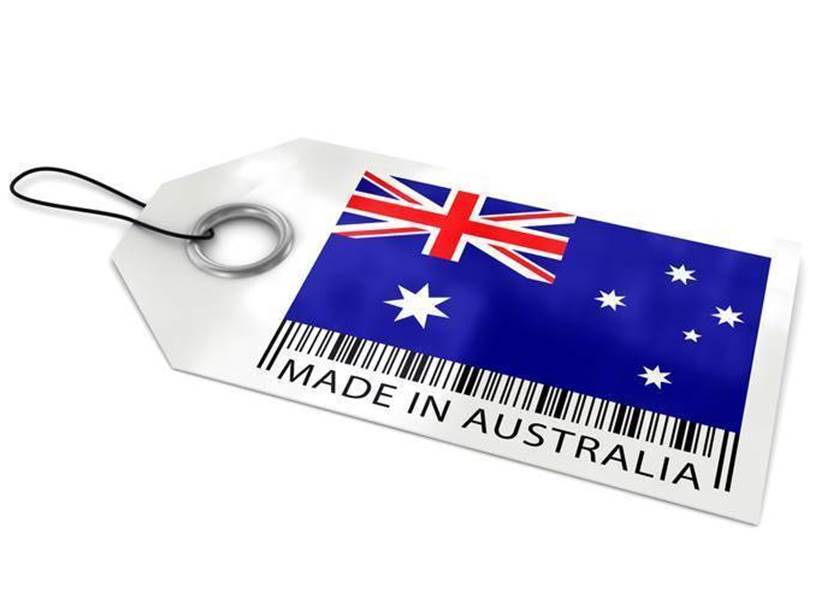Federal Government initiative the Advanced Manufacturing Growth Centre (AMGC) has announced that it has allocated $250,000 to the Swinburne Manufacturing Futures Research Institute (SWFRI) to boost the adoption of Industry 4.0 processes in Australia.
The investment will target Industry 4.0 projects established at the SWFRI in collaboration between Swinburne’s researchers and small- to medium-sized manufacturing companies.
According to the two parties, the announcement coincides with the global push towards Industry 4.0 adoption, and they hope that this enables Australian companies to participate and engage with the latest technology.
Professor Bronwyn Fox, director of the SWFRI, spoke with IoT Hub about the institute’s role in Industry 4.0 adoption in Australia.
“We are focused on Industry 4.0 because it benefits the entire manufacturing sector rather than individual segments or companies,” she said.
The fourth industrial revolution offers the opportunity to reduce costs and increase productivity and will bring developed economies such as Australia back into play.”
She said that Australia can still provide a significant contribution to the manufacturing landscape, despite the impending closures of vehicle manufacturing operations in this country next year, formerly a crucial industry in terms of revenue and employment.
“We may not be making entire vehicles in Australia for much longer, however we still have considerable activity and a great reputation for automotive design,” she explained.
“It’s particularly critical for Australian manufacturing companies to adopt Industry 4.0 practices if they wish to integrate into global supply chains, as to do this they will need to adopt the same systems and processes as the OEMS they supply to.”
Professor Fox said that the SWFRI is committed to ensuring that the small and mid-sized enterprise portion of Australia’s manufacturing industry are as equally equipped to investigate and adopt Industry 4.0 practices as their large enterprise brethren.
“The problems that large enterprises have to solve can be similar to those experienced by SMEs, but for these smaller companies priorities can vary due to budget constraints, for example,” she said.
“Our strategy is to work with Australian SMEs to help them integrate into global supply chains using Industry 4.0 technologies.”







